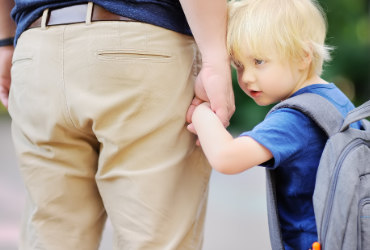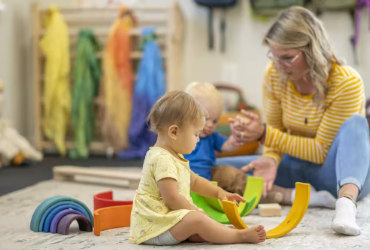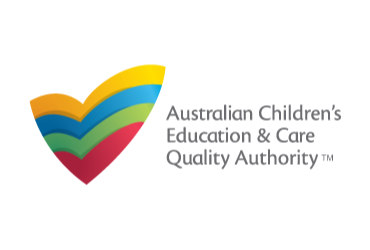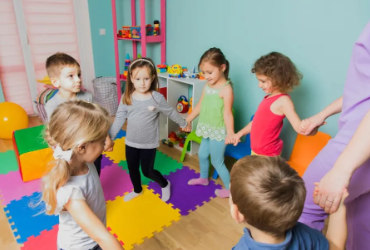
Articles
- Home
- Articles
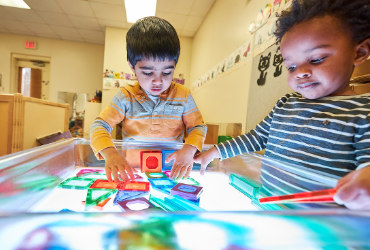
The Benefits of Early Childhood Education in Australian Daycares
Early childhood education plays a pivotal role in shaping a child's development and preparing them for a successful future. Australian daycares, which are often the first formal educational settings many children encounter, have a profound impact on a child's early years. In this essay, we will explore the numerous benefits of early childhood education in Australian daycares and how it positively influences a child's physical, cognitive, social, and emotional growth.
Early childhood education in Australian daycares provides a structured environment where children can explore, learn, and develop essential cognitive skills. These programs often incorporate age-appropriate activities and educational play that foster early literacy, numeracy, and problem-solving abilities. Children exposed to such experiences are better equipped to transition into formal schooling with a strong foundation in these fundamental areas.
A key benefit of daycare-based early childhood education is the significant boost it provides to a child's language and communication skills. In these settings, children are exposed to rich language environments where they engage in conversations, storytelling, and vocabulary expansion activities. This exposure enhances their ability to articulate thoughts, understand instructions, and communicate effectively, setting them on a path to become proficient communicators.
Daycare environments offer an invaluable opportunity for children to interact with peers and develop crucial social skills. Learning to share, cooperate, resolve conflicts, and form friendships are all essential aspects of a child's social development. Through play, group activities, and guided interactions, daycare fosters a sense of belonging and encourages children to understand and respect the perspectives of others.
Emotional intelligence is a vital component of a child's overall well-being. Early childhood education in Australian daycares supports the development of emotional regulation and empathy. Children learn to identify and express their emotions in healthy ways, while also gaining an understanding of how their actions affect others. These skills lay the foundation for emotional resilience and self-awareness later in life.
Daycare settings promote independence and a sense of responsibility in children. They learn to take care of themselves by dressing, eating, and tidying up after themselves. These self-help skills not only make daily routines smoother but also instil a sense of pride and autonomy in young learners.
Early childhood education in Australian daycares also serves as a valuable preparation for formal schooling. Children become familiar with a classroom setting, routines, and interactions with teachers and peers. They learn to follow instructions and engage in age-appropriate learning activities, which significantly eases the transition to primary school.
Australian daycares provide working parents with a safe and reliable childcare solution. This allows parents to pursue their careers with peace of mind, knowing that their children are in a nurturing environment that supports their growth and development. As a result, parents can strike a balance between work and family life more effectively.
Early childhood education in Australian daycares offers a wide range of benefits that extend beyond academic preparedness. It lays the foundation for cognitive, social, and emotional development, fosters a love for learning, and promotes essential life skills. Moreover, daycare-based early education provides parents with a supportive solution for work-life balance. As Australian society continues to recognize the value of early childhood education, investing in high-quality daycare programs becomes increasingly essential to ensure that every child has the opportunity to thrive and reach their full potential. Early education in daycares isn't just about preparing children for school; it's about preparing them for life.

